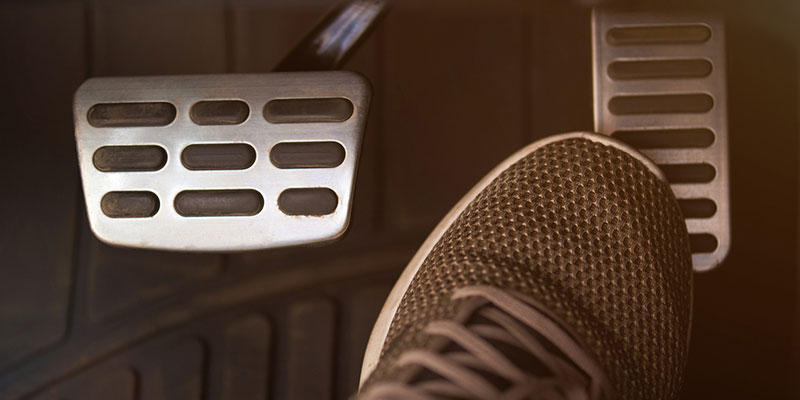When you’re cruising down the road, the last thing you want to hear is a strange noise coming from your brakes. These sounds can be alarming, but they’re often your car’s way of telling you something that needs attention.

- Squeaking or Squealing. If you hear a high-pitched squeak or squeal when you apply the brakes, it’s usually a sign that your brake pads are wearing thin. Brake pads have a built-in metal wear indicator that rubs against the rotor, creating that squealing noise. It’s crucial to get these replaced before they cause further damage to your brake system. Sometimes, the squealing could be due to debris caught between the brake pad and the rotor.
- Grinding Noises. A grinding noise is a serious warning sign that should not be ignored. This usually indicates that your brake pads have worn down completely, causing metal-on-metal contact. Continuing to drive in this condition is not only dangerous but can also lead to costly repairs. If you hear a grinding noise, it’s best to immediately pull over and call for assistance.
- Thumping or Clicking. If you hear a thumping or clicking noise, it could mean that the parts holding your brake pads, rotors, or calipers are loose or broken.
- Vibrations and Rattling. Sometimes, you might feel a vibration in the brake pedal or hear a rattling noise. This could be due to a warped rotor, which causes uneven contact with the brake pads.
It’s advisable to have your brakes inspected at least once a year. However, if you notice any of the abovementioned noises, it’s best to get them checked immediately. Our team of experts is here to help diagnose and fix any issues you might have. Don’t ignore those strange noises; let us look and ensure you’re driving safely. Schedule an appointment today.
